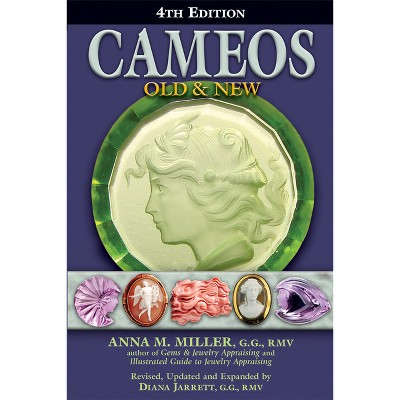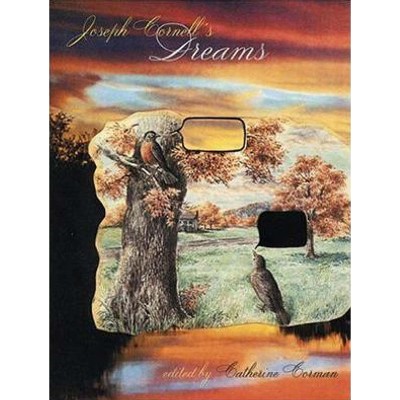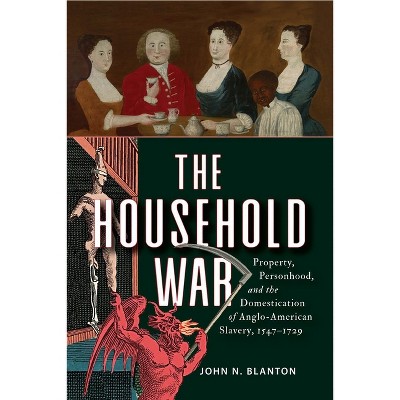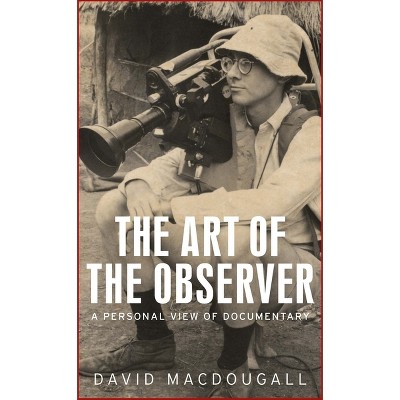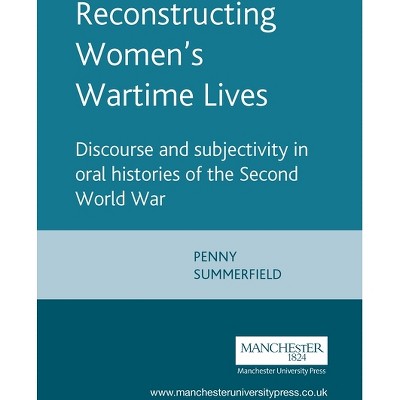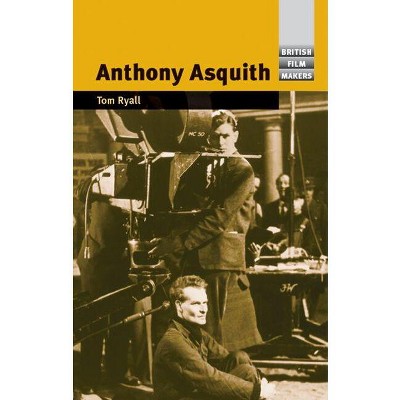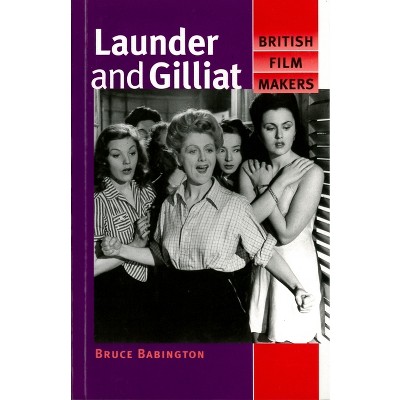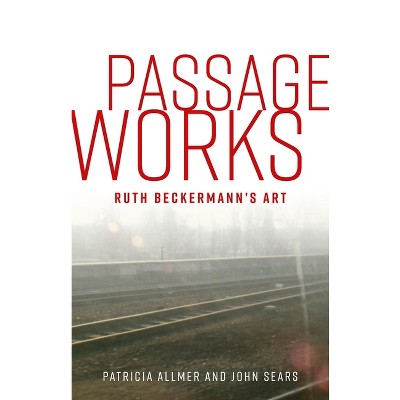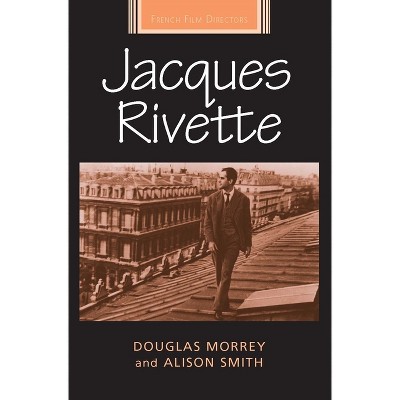Sponsored

Wartime Cinema, Englishness and Propaganda - by Ina Habermann (Hardcover)
$140.00
In Stock
Eligible for registries and wish lists
Sponsored
About this item
Highlights
- This book provides a fresh analysis of the wartime work of Michael Powell and Emeric Pressburger and their team 'the Archers'.
- About the Author: Ina Habermann is Professor of English Literature at the University of Basel
- 336 Pages
- Performing Arts, Film
Description
About the Book
The book provides a study of the wartime films of Michael Powell and Emeric Pressburger and their team the Archers between 1938 and 1947, situated within wartime cinema and focussing on national identity explored with the 'Pressburger Touch'.Book Synopsis
This book provides a fresh analysis of the wartime work of Michael Powell and Emeric Pressburger and their team 'the Archers'. It argues that in their earlier work, Powell and Pressburger should be seen as middlebrow storytellers whose stories explore national identity in times of war. Their wartime work is discussed in four phases: the first phase covers their contributions to the 'phoney war', the second traces their engagement with the 'people's war'. The third phase sees the Archers move beyond propaganda, towards memodramas of Englishness. The fourth phase dramatizes post-war preoccupations with an increasing focus on memory and trauma. The book also looks at Pressburger's later work, including his two published novels Killing a Mouse on Sunday and The Glass Pearls.From the Back Cover
This book provides a fresh analysis of the wartime work of Michael Powell and Emeric Pressburger and their team 'the Archers'. It argues that in their earlier work, Powell and Pressburger should be seen as middlebrow storytellers whose stories explore national identity in times of war. The complexity of the Archers' negotiation of identity is largely due to the contribution of Emeric Pressburger, the Hungarian-Jewish immigrant scriptwriter.
Situating the Archers' work in the context of the British media, propaganda and wartime cinema, the book offers innovative, detailed, and carefully contextualized readings of ten films made between 1938 and 1947. These films have the 'Pressburger Touch' (similar to the 'Lubitsch Touch'), a Continental flavour due to techniques of paradox and inversion, ellipsis, characteristic play with language and imagery, ironically romantic gestures and an element of whimsy, deployed by Pressburger to explore national identity in a context of transnational exchange and cultural translation. Powell and Pressburger's wartime work is discussed in four phases: While the first phase covers their contributions to the 'phoney war', the second traces their engagement with the 'people's war'. The third phase sees the Archers move beyond propaganda, towards memodramas of Englishness, cross-cultural alliances and quests for spiritual modernity. The fourth phase dramatizes post-war preoccupations with an increasing focus on memory and trauma. Following up these thematic concerns, the conclusion is devoted to Pressburger's later work, including his two published novels Killing a Mouse on Sunday and The Glass Pearls.About the Author
Ina Habermann is Professor of English Literature at the University of BaselDimensions (Overall): 8.5 Inches (H) x 5.5 Inches (W) x .75 Inches (D)
Weight: 1.16 Pounds
Suggested Age: 22 Years and Up
Number of Pages: 336
Genre: Performing Arts
Sub-Genre: Film
Publisher: Manchester University Press
Theme: Direction & Production
Format: Hardcover
Author: Ina Habermann
Language: English
Street Date: September 30, 2025
TCIN: 1002787407
UPC: 9781526179500
Item Number (DPCI): 247-37-9620
Origin: Made in the USA or Imported
If the item details aren’t accurate or complete, we want to know about it.
Shipping details
Estimated ship dimensions: 0.75 inches length x 5.5 inches width x 8.5 inches height
Estimated ship weight: 1.16 pounds
We regret that this item cannot be shipped to PO Boxes.
This item cannot be shipped to the following locations: American Samoa (see also separate entry under AS), Guam (see also separate entry under GU), Northern Mariana Islands, Puerto Rico (see also separate entry under PR), United States Minor Outlying Islands, Virgin Islands, U.S., APO/FPO
Return details
This item can be returned to any Target store or Target.com.
This item must be returned within 90 days of the date it was purchased in store, shipped, delivered by a Shipt shopper, or made ready for pickup.
See the return policy for complete information.
Frequently bought together
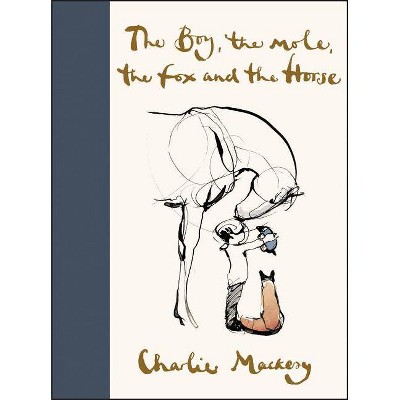
$18.10
MSRP $22.99
Buy 2, get 1 free select books, music & movies
4.9 out of 5 stars with 293 ratings


$16.80 - $17.69
MSRP $19.99 - $30.00
Buy 2, get 1 free select books, music & movies
4.7 out of 5 stars with 6 ratings
Guests also viewed
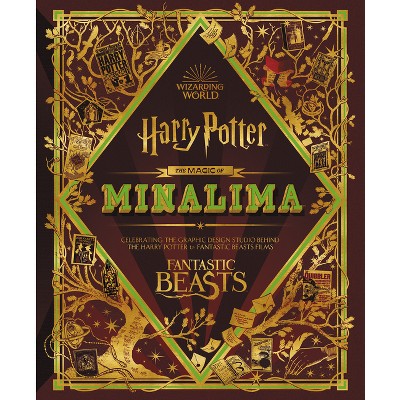
$26.53
MSRP $50.00
Buy 2, get 1 free select books, music & movies
4.8 out of 5 stars with 14 ratings
